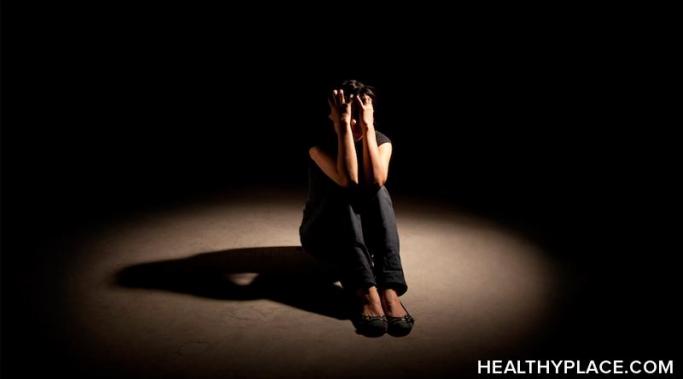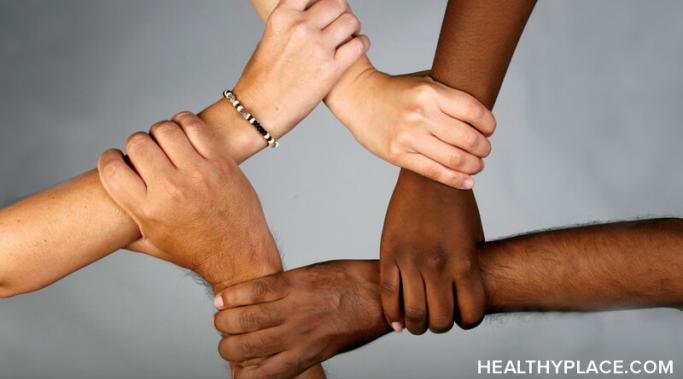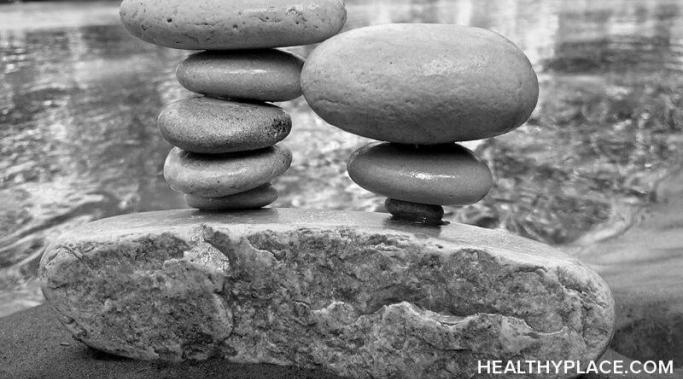Blogs
I've found that relaxation techniques can help my anxiety. During times of intense anxiety, I regularly experience a racing heart, worried thoughts, and quick breathing. It can leave me feeling helpless and out of control. That's why I find easy relaxation techniques to be so beneficial in helping me regain a sense of calm. More importantly, realizing that I can control my anxiety by using specific techniques has empowered me to feel more capable of managing my worries long-term. Learn more about how I help my anxiety with relaxation techniques.
Overcoming codependency is a significant milestone in anyone's journey. Growing up, I felt like my emotions were too complex, strong, or nuanced to share. The community I was raised in didn't encourage open emotional expression, so I kept my feelings to myself. This environment is particularly detrimental for someone with borderline personality disorder (BPD), where the ability to express and validate emotions is crucial for mental stability and self-understanding. But I've found I can overcome codependency.
Binge eating disorder can be a formidable challenge during the tumultuous teenage years, but having supportive parents can make a world of difference. Here's how I managed to overcome binge eating with the unwavering support of my parents.
Do your thoughts scare you? Have you ever been busy doing something when a disturbing thought suddenly occurred to you and left you shocked? Does this happen frequently? Don't worry, you are not losing your mind. Instead, the thoughts that scare you are probably intrusive thoughts.
Fireworks are very bad for my schizoaffective anxiety. I wanted to write about my struggle because this post will be published on the Fourth of July, a holiday known for its fireworks. So, let me tell you about how fireworks trigger my anxiety.
When you experience social anxiety, it can be challenging to make friends. This can also lead to difficulty in life because, as indicated by research, social connections are important for one's overall wellbeing. However, you can make friends even with social anxiety.
I've loved sharing my life, stories, and insights with HealthyPlace, but my time here is now coming to an end. Although moving on in any aspect of life is difficult, I've found the hardest part of moving on is making the decision to let go, especially if you enjoy what you're doing.
As we celebrate Independence Day, I find myself reflecting on the concept of freedom, particularly the freedom to cultivate self-esteem. Self-esteem, a crucial aspect of our mental wellbeing, is often overlooked, especially by those of us who have lived experience with mental health issues. Yet, Independence Day serves as a powerful reminder that we have the freedom to make choices that can positively impact our self-esteem and our overall mental health.
Being vulnerable does not come naturally to me (in fact, it downright scares me), but I am learning to confront this fear and explore the art of vulnerability in eating disorder recovery. As I grow in self-awareness, I have realized that I know how to be authentic, courageous, honest, and outspoken—but my most tender, vulnerable parts remain securely under wraps. There is an art to vulnerability.
There is an intersection between men's mental health and addiction. June is Men’s Mental Health Awareness Month. Having walked the tough road of gambling addiction recovery, I feel it would be a great injustice not to address one of the most pressing issues—gambling addiction and its profound impact on men's mental health.









